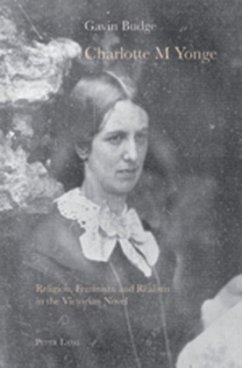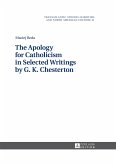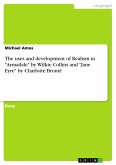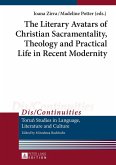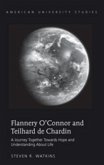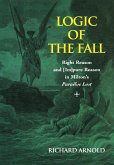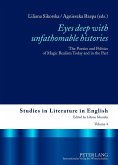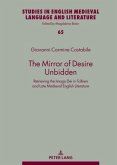Charlotte M Yonge was one of the bestselling novelists of the Victorian period; she published prolifically during a lengthy writing career that lasted from the early 1850s to the 1890s, was highly regarded by contemporaries such as Tennyson and Kingsley, and continued to be widely read up till the 1940s even by unlikely figures such as Virginia Woolf and Vita Sackville-West. Her work, on which Jane Austen exerted a significant influence, is central to an understanding of the development of the domestic novel, yet remains significantly less well known than that of other Victorian women writers such as Margaret Oliphant, Ellen Wood and M E Braddon. This book is the first full-length critical study of Yonge's writings, and presents an argument for the artistic coherence of her work as a novelist, as well as examining the reasons for its current non-canonical status. Reflecting Yonge's lifelong involvement in the Oxford Movement, and personal closeness to John Keble, the book situates her novels in the context of Tractarian aesthetics.
Bitte wählen Sie Ihr Anliegen aus.
Rechnungen
Retourenschein anfordern
Bestellstatus
Storno

